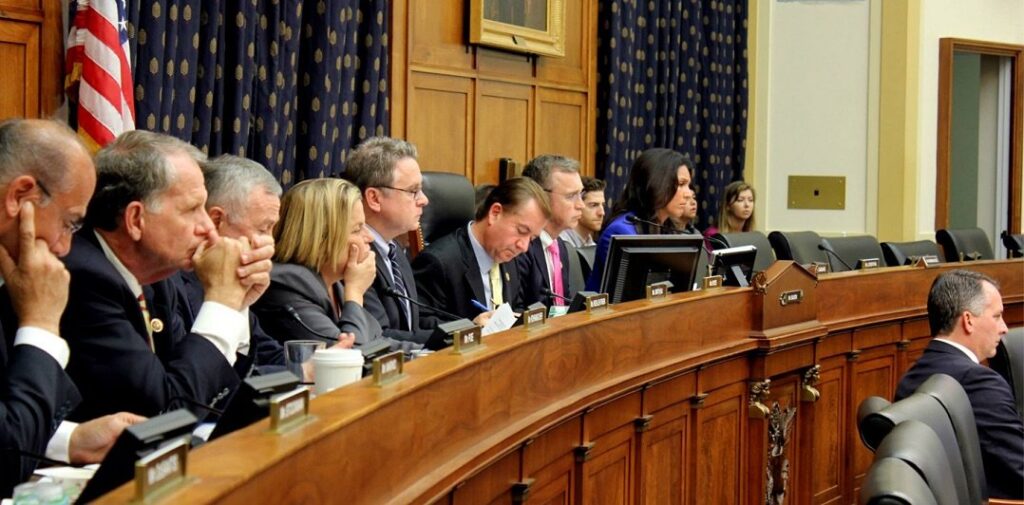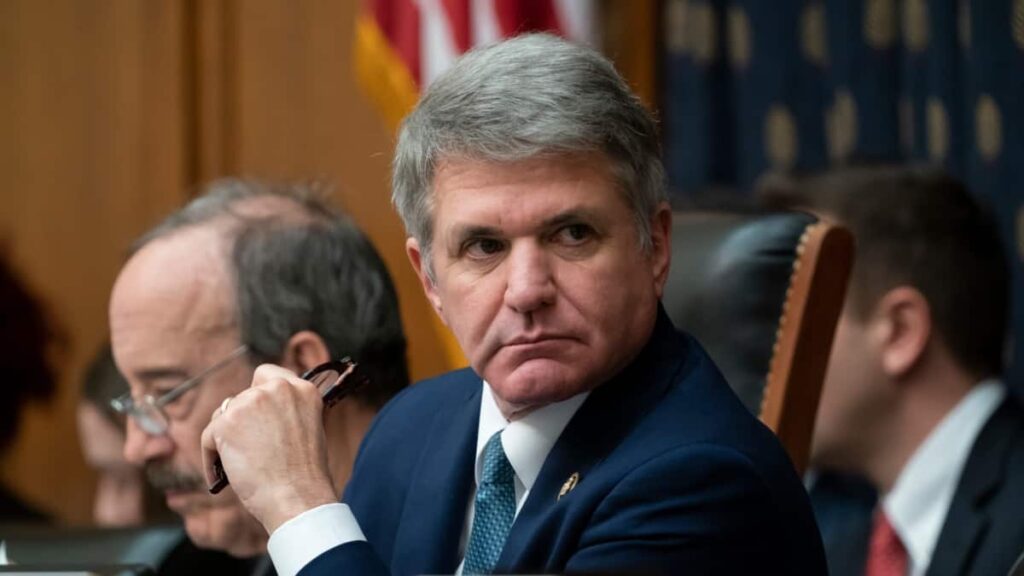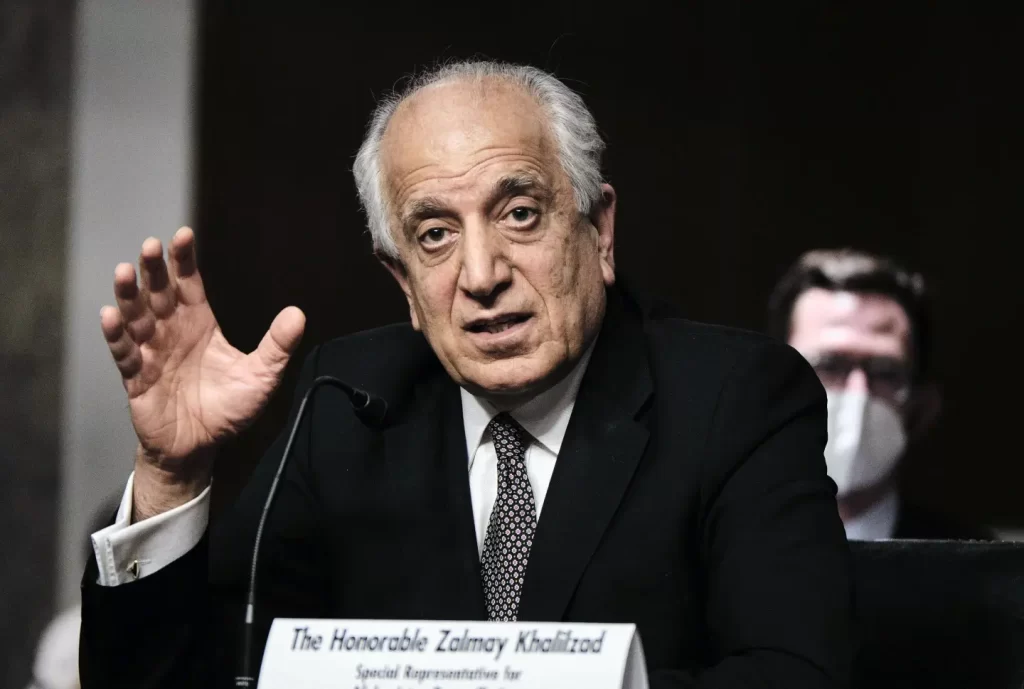Washington (Kubha News) – The House Foreign Affairs Committee of the United States released fresh details on Thursday of Zalmay Khalilzad’s responses to this committee.
The former U.S. representative for Afghan peace talks told committee members that the first attempt at negotiations between the United States and the Taliban took place in 2010 when Mullah Yaqub Mujahid, the current Taliban defense minister, wrote to him stating that war is not the solution to Afghanistan’s problems and a political solution is needed to end the conflict. However, the efforts of the Obama administration fell short.

The former U.S. representative for Afghan peace efforts, in part of his responses to American lawmakers, said that efforts for practical peace talks with the Taliban began during the Trump administration, and the White House set three priorities for these talks: “Negotiating with the Taliban to secure an agreement that paves the way for the safe and orderly withdrawal of U.S. military personnel from Afghanistan, ensuring that the Taliban guarantees Afghanistan will not again become a haven for terrorist groups, and thirdly, making Washington-Taliban negotiations a pathway for intra-Afghan talks.”
However, some members of the House Foreign Affairs Committee, especially Republicans, criticized Khalilzad because. He pressured the Afghan government without considering the consequences, under the guise of goodwill, to release thousands of Taliban prisoners.
Khalilzad responded to them, stating that his goal was to encourage Taliban to engage in intra-Afghan negotiations by exerting such pressures and ultimately freeing prisoners.
However, U.S. Congress members have argued that Khalilzad’s leverage failed to soften the Taliban’s stance against the Afghan government.

Khalilzad pointed out that the Biden administration had no intention of imposing new conditions on the Taliban and even retreated from the conditions set by Donald Trump: “The Biden administration faced three choices: first, not to condition peace agreements with the Taliban, which was more dangerous; secondly, it also backed down from the counter-terrorism mission. Second, it found the agreements between the Trump administration and the Taliban insufficient. Third, in such a situation, the Biden administration did not emphasize the conditional withdrawal of U.S. military personnel from Afghanistan.”
Khalilzad cited the Biden administration reasons for not adhering to the Trump administration’s agreement with the Taliban and not imposing new conditions on them as concern about the Taliban’s renewed escalation of war.
